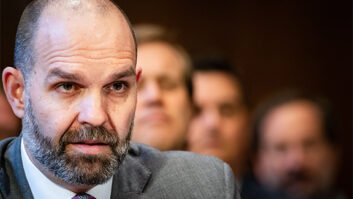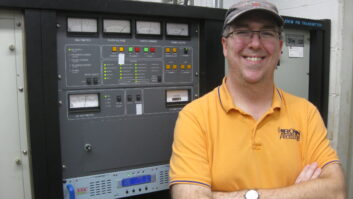Colorado is a popular place for Ethiopians immigrating to the United States to settle, with 30,000 to 40,000 living in the metro Denver area alone, according to a report by CBS News. It is also home to KETO(LP), Rocky Mountain Multicultural Community Radio, a low-power station that serves the local East African community in Aurora and nearby Denver on 93.9 MHz.
It is a tiny operation with a limited budget but a commitment to serving immigrant listeners.
KETO’s parent, Ethiopian Community Television, recently received a $200,000 grant as part of the FCC’s $66 million Affordable Connectivity Outreach Grant Program, intended to drive awareness and enrollment in the commission’s broadband affordability program.
“We are the only nonprofit organization with a low-power radio station to receive this grant,” said Endale Getahun, KETO’s founder and radio manager.
Diverse community
Since going on air on Sept. 11, 2017, which coincides with the Ethiopian New Year and Ashenda Tigray celebration weeks, KETO has been serving a range of immigrant communities in the Aurora/Denver area. It does this through local music and spoken word programming in Tigrinya, English, Somali, Swahili, French, Amharic and Afaan Oromo, among others.
“We serve an international immigrant community. We are on air 24/7,” said Endale, who also answers to “Mike.” (East African culture uses first names rather than surnames.)
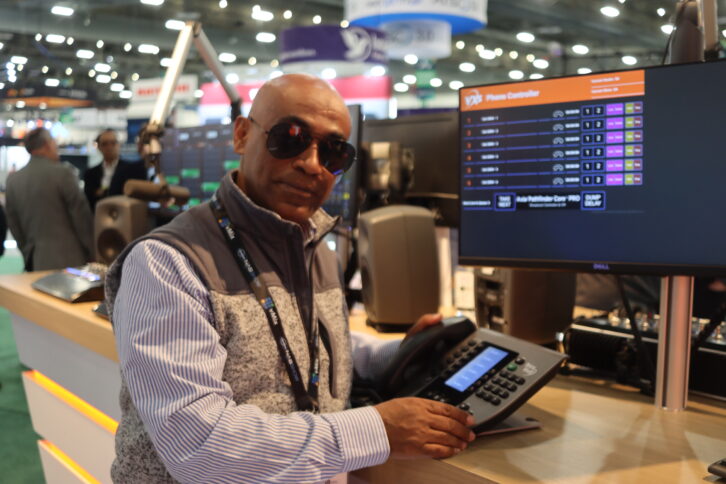
An immigrant himself, Endale founded KETO in response to what he saw as a lack of non-mainstream voices on local radio.
“There are a lot of diverse people in the community but the media seems to be one-sided in their content and music,” he said. “Immigrant communities have specific messages, events, issues and public service announcements that they need to hear on air, but our local radio stations are not really focused on that.”
Meeting this need, he said, is why KETO has found an audience in Aurora and Denver.
“Our audience is predominantly African-born immigrants, along with non-Africans from other parts of the world,” said Endale. Its programming is largely produced by volunteers, although some content comes from other sources. “The programming we air is governed by our budget, what our volunteers can make, and what we can get from other broadcasters on a non-copyright basis,” he said. Endale himself is a volunteer at the station. He makes his living in the local transportation industry and as a photographer/deejay at local events.
Today, KETO’s studio and office are in downtown Aurora at 1400 Dallas Street, after launching its operations at Aurora High School, which is still home to its Nautel VS-300 FM transmitter and 100-foot tower. Since KETO’s coverage doesn’t cover all of its target area, the service is also available to Roku streaming services users as an add-on to their Roku TV channel lineup using a channel search for “KETO FM.”
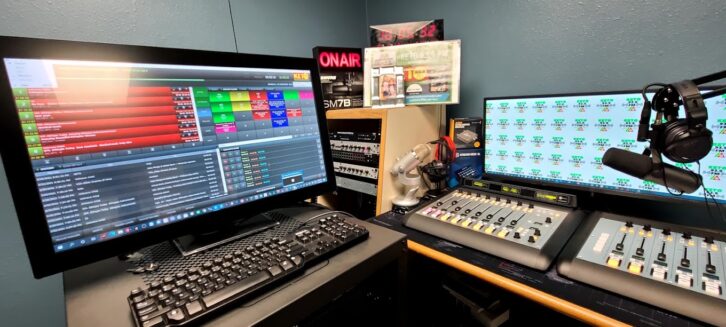
Local support
As an LPFM, KETO cannot sell commercials to raise funds, but it can offer underwriting announcements and give on-air recognition to its underwriters, including commercial entities and non-profit organizations that want to draw attention to their goods, services and viewpoints.
“Our programming and operations are funded by grants or support from the art organizations, the City of Aurora and Colorado Media Project,” Endale said.
“We are also allowed to raise funds by having businesses underwrite our shows. But since COVID hit, this has fallen off, so we also raise funds from our members and local listeners.”
Despite its shoestring budget, KETO does its best to provide a professional, polished sound. Its facility includes an Axia AoIP network. “We also have RadioDJ automation, because our schedule is 50/50 live and recorded content.”
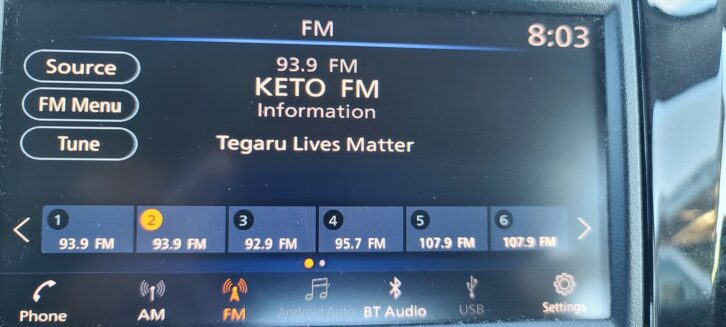
Dedicated to assisting local immigrants, KETO does its best to inform, educate and entertain them. For instance it puts a lot of effort into helping listeners register their children in the local public school system. It also gets behind immigrants seeking fairer pay at work.
“One union reached out to us because a lot of their immigrant members who work for the City at Denver International Airport were only getting minimum wage of $11.10 per hour,” Endale said.
“A number of them came on the air to tell their stories, while our ability to talk to these people in their native languages helped them understand what was going on. As a result, the union got several more members, followed by the mayor agreeing to raise the minimum wage to $15 an hour.”
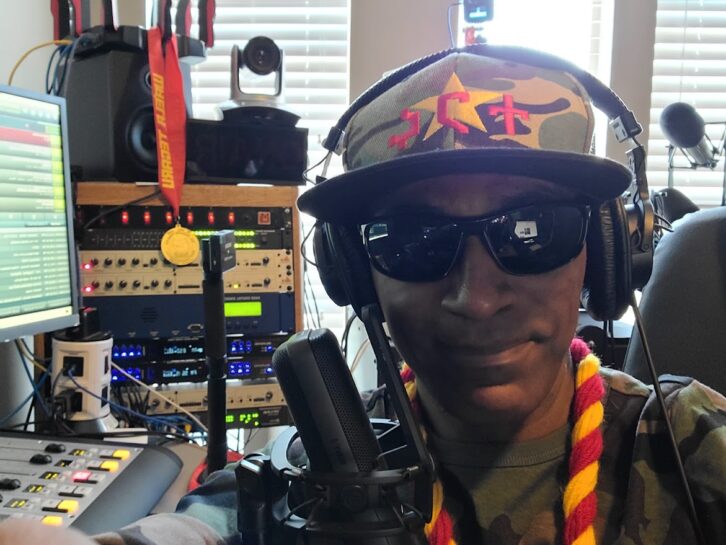
The station also “gives voice to the voiceless in the local Tigray community of Colorado and the ‘Tegaru Lives Matter’ movement in the United States,” he said. (A two-year civil war in the Tigray region of Ethiopia saw hundreds of thousands of people forcibly expelled, prompting accusations of ethnic cleansing, according to the Associated Press. A cease fire was declared in 2022.)
“A lot of our listeners drive taxis, Ubers, food delivery vehicles or local busses, so they can listen to us pretty well when they’re on the road,” said Endale.
“However, our FM signal isn’t always easy to receive inside buildings across our coverage area. That’s why I took the steps to put us online and on Roku and RokuTV. This proved to be very valuable during the pandemic, because the city and the state were relying on us to reach the immigrant community in the languages they understand. That’s when they underwrote a lot of our programs, which allowed us to upgrade our equipment.”
He believes KETO is a trusted media source for many in the Aurora/Denver immigrant community and a partner that they want to cultivate.
“They call us up all the time to ask about the music we are playing, and to promote their upcoming events,” Endale said. “This is how we know that people are listening, along with the responses we get to our social media accounts.”


